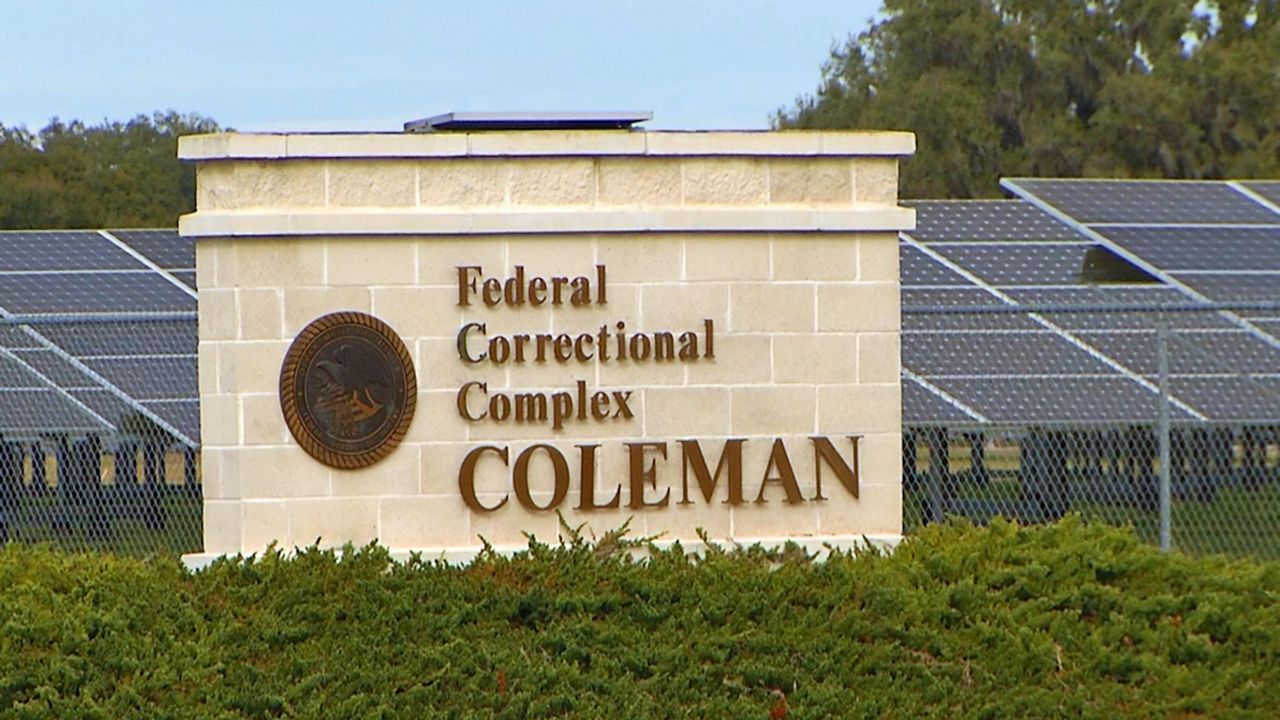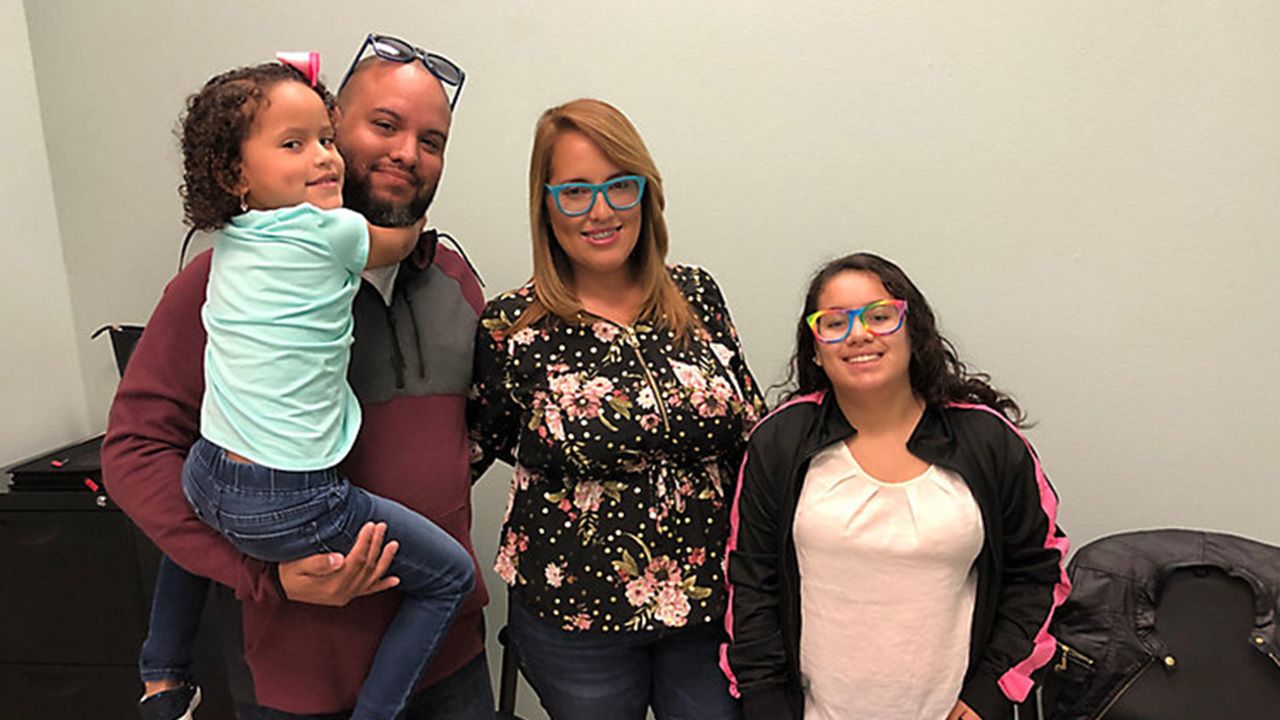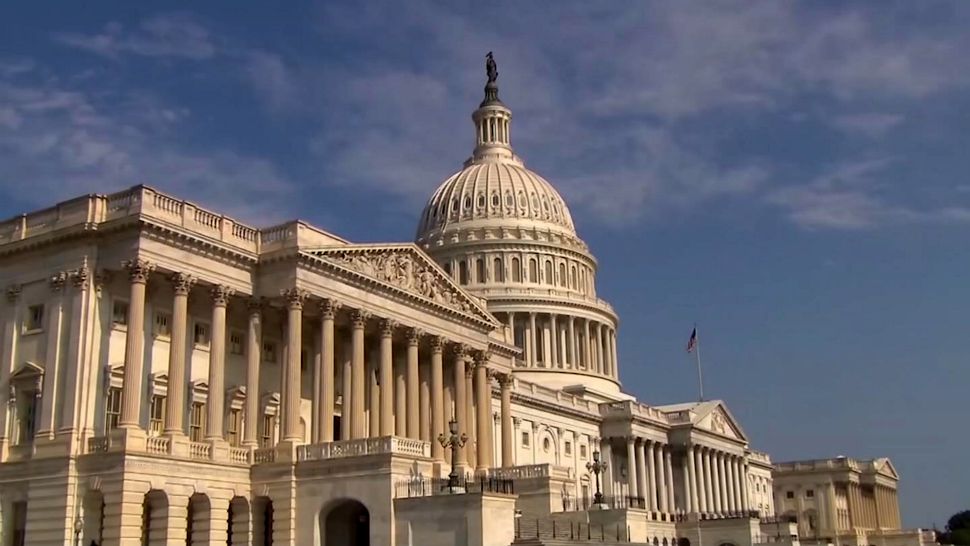COLEMAN, Fla. — Some of America’s most notorious convicts reside within the federal prison complex in Sumter County.
The men and women charged with guarding the inmates have remained on the job, but without pay, during a 35-day partial government shutdown.
- Coleman corrections officers say they still haven't received back pay
- They're concerned another shutdown will happen February 15
- Corrections officers not allowed to accept gifts, start GoFundMe accounts
- RELATED:
“We’ve been worried about making our mortgage payments, taking care of our families,” said L. Hernandez, a corrections officer at the Coleman complex. “We’ve gone without a paycheck for over a month now, and we’re currently going without a paycheck.”
Hernandez said they have been told that their first paycheck after the shutdown could come by the end of the week, but there remains uncertainty of how much pay they will see.
“The rumor mill, as you have it, is that we may receive a full check, we may receive part of the check, but the unknown is really stressing out a lot of the officers, and we can’t focus on our job duties when we have to worry about if we’re going to be able to feed our families,” Hernandez said.
The employees at the Coleman federal prison complex are among 800,000 federal workers impacted by the longest partial government shutdown in U.S. history.
The guards on the front line are required to show up to work whether the government is open or not.
During the shutdown, Hernandez said they were close to losing benefits, such as dental and vision insurance.
“We had a staff recall about a week ago, and they explained if the government shutdown went any further, then our dental and vision would have to be paid out of our pocket," Hernandez said. "They would bill us, but the issue is we had some money saved, but that had to be spent on food and shelter and everyday things we need."
As a union chief representing other corrections officers, Hernandez said he has heard countless stories from coworkers facing tough financial circumstances because of the shutdown, some of which will have lasting impacts on the workforce.
“There are many staff members who reached out to lenders, and fortunately, some lenders worked with us, but some lenders did not,” Hernandez said.
“It’s been 30 days, and if you haven’t paid (bills), it’ll be a hit on your credit. We have background checks that are done every five years, and part of that is a credit check, and we will have to answer to that.”
Unlike some federal workers, corrections officers are prohibited from accepting gifts and using a GoFundMe to solicit temporary income.
Hernandez said the biggest concern among corrections officers at Coleman is whether February 15 could mark the beginning of yet another government shutdown. Many employees are still struggling to figure out how to get caught up with bills.
“A lot of the staff is very stressed. They’re worried,” Hernandez said. “You’re talking single moms, single dads, families just beginning like my own, and the concern I have is to catch up on bills of the past 35 days," he said.
"But if they lock down the government again, is it going to be longer? Is it going to be shorter?”








